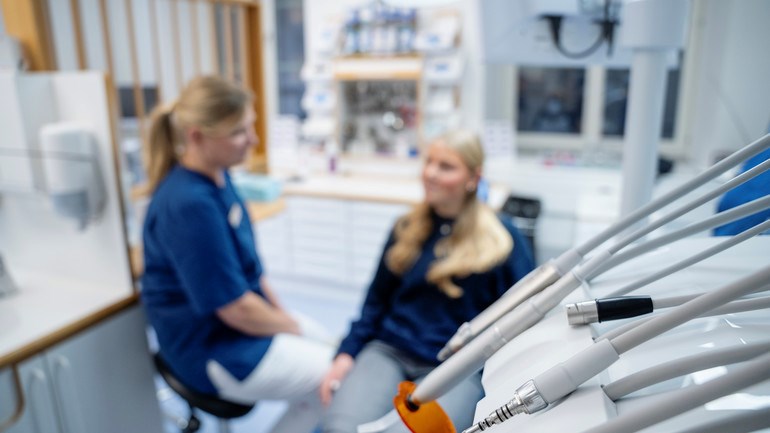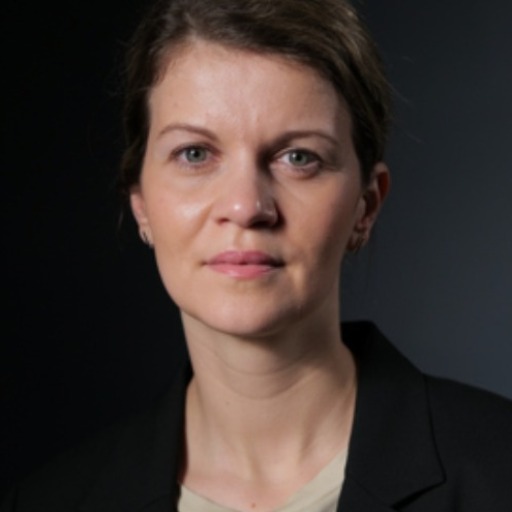Younger patients with dry mouth risk falling through the cracks

"We know that over 500 medications can cause dry mouth. From a patient perspective, it is important to inform about complications and how the problems can be alleviated," says Amela Fisic, doctoral student at Malmö University.
Dry mouth increases the risk of dental caries and while it is present in all age groups, it is still more common for older patients to be asked about it by dental professionals, according to a new study.
About one in five people have dry mouth; the most common cause is a side effect of a prescription medicine, but also people with Sjögren's syndrome – a condition that affects parts of the body that produce fluids – or who have undergone radiotherapy for certain cancer can suffer.
... what surprised us was that dental professionals did not ask younger patients about dry mouth as much as they asked older ones.
Amela Fisic
“Dry mouth is generally more common among women and older age groups. However, a recently published study shows an increase among young adults, which is suspected to be linked to increased medications, such as antidepressants," says Amela Fisic, a doctoral student at Malmö University.
In the study, Fisic has investigated how dental staff in general dentalcare manage patients with dry mouth. Dentists and dental hygienists answered questions about how often they see patients with the condition, which age groups suffer, and what recommendations they make.
“Participants were well aware of the functions of saliva, causes of dry mouth, and its complications. However, what surprised us was that dental professionals did not ask younger patients about dry mouth as much as older ones.”
The study also shows that dental hygienists play a very important role; they see more patients with dry mouth, more age groups, and are more likely to recommend preventive measures.
Dry mouth can lead to an increased risk of caries, dental erosion and bad breath. There is no cure, but it can be reduced with products such as saliva replacement or saliva-stimulating tablets and chewing gum.
“We know that over 500 medications can cause dry mouth. From a patient's perspective, it is important to provide information about complications and how to alleviate them, especially among younger patients.”
The survey study is the first part of Fisic's doctoral project; in the second part, she is conducting an in-depth study with qualitative questions about, among other things, the role of dentists and dental hygienists in the care of patients with dry mouth and how the care is provided. And in a final clinical study, she will measure and compare saliva secretion and saliva composition with the patient's perceived dry mouth.
More about the research
Read the study:
Dental care professionals' awareness of oral dryness and its clinical management: a questionnaire-based study (diva)
Read more about the research project:
Oral dryness from different perspectives
